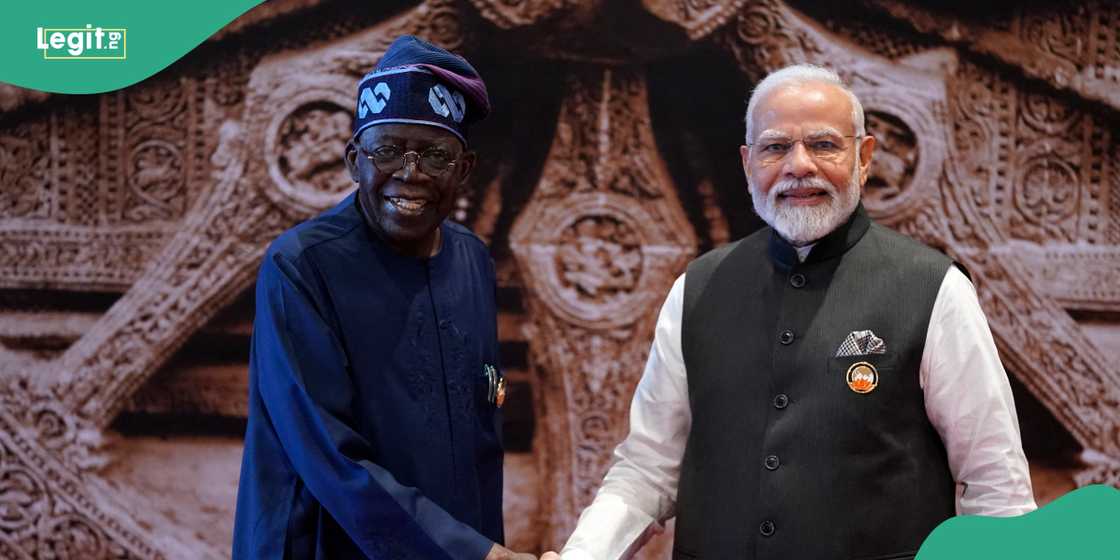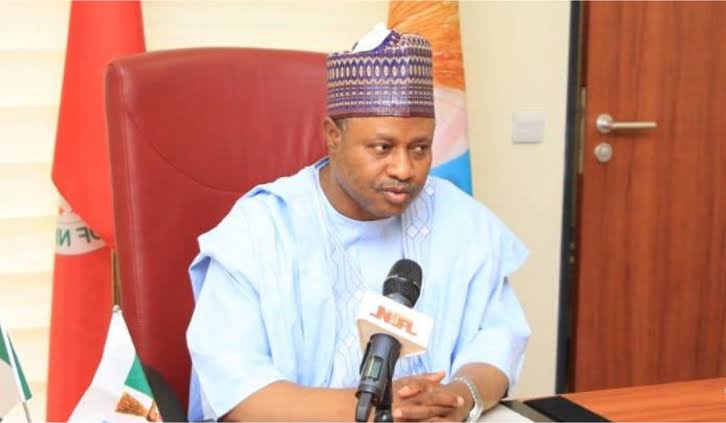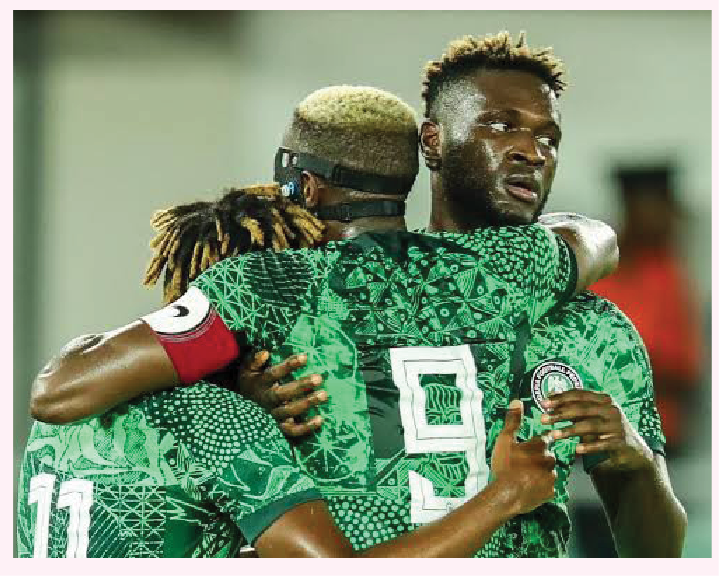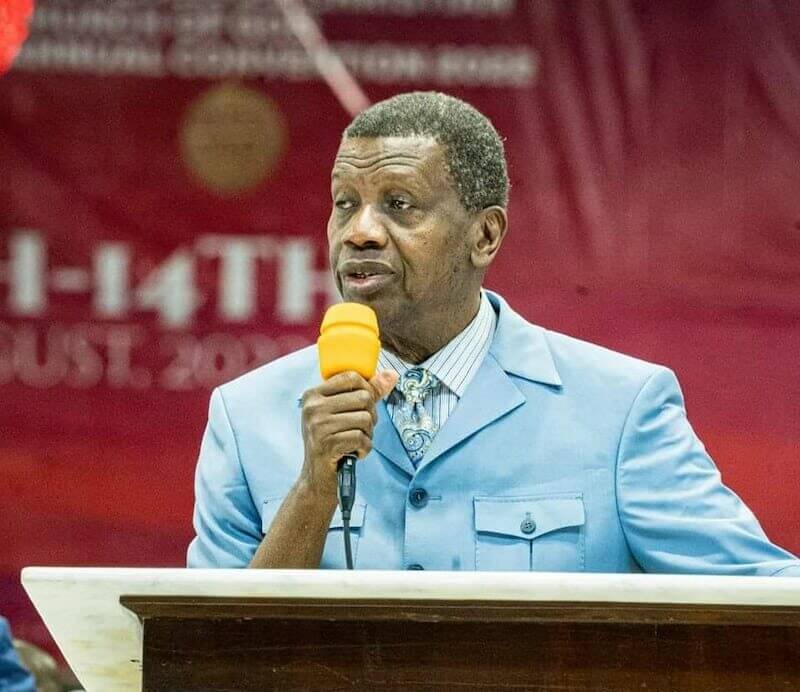Legit.ng journalist, Ridwan Adeola Yusuf, has over 9 years of experience covering politics, elections, and global issues.
FCT, Abuja - Narendra Modi, the prime minister (PM) of India, on Saturday night, November 16, arrived in Abuja, the Nigerian capital city.
Legit.ng had reported how Nyesom Wike, the minister of the federal capital territory (FCT) welcomed Modi at the Nnamdi Azikiwe International Airport.

Source: Getty Images
The Indian community in Nigeria also extended a vibrant welcome to Modi.
The Indian leader, 74, is on a two-day state visit to Nigeria. The last Indian leader to visit Nigeria was Manmohan Singh in 2007.
After President Bola Ahmed Tinubu posted on his verified X handle asserting that he looks forward to the two countries’ bilateral discussions ‘to expand the strategic partnership and enhance cooperation in critical sectors', Modi prayed for strengthening of bilateral friendship between the nations.
He wrote:
“Thank you, President Tinubu.“Landed a short while ago in Nigeria. Grateful for the warm welcome. May this visit deepen the bilateral friendship between our nations.”When Modi leaves Nigeria, he will visit Brazil and Guyana. There, he will have the opportunity to take part in a wide range of programmes, both bilateral and multilateral, which will add momentum to India’s ties with various nations. Modi will take part in the G20 Summit in Brazil and will meet Caribbean leaders in Guyana.
Earlier in 2024, Modi made history by being elected to three consecutive terms in office. The last person to do that was Jawaharlal Nehru, one of India's founding fathers.
To supporters, Modi is a larger-than-life figure who has improved India’s standing in the world, helped make its economy the world’s fifth-largest, and streamlined the country’s vast welfare program, which serves around 60% of the population. But to critics, he’s a cult leader who has eroded India’s democracy and advanced divisive politics targeting the Muslims who make up 14% of the country’s population. They say he has also increasingly wielded strong-arm tactics to subdue political opponents, squeeze independent media and quash dissent.
Source: Legit.ng
















 English (US) ·
English (US) ·